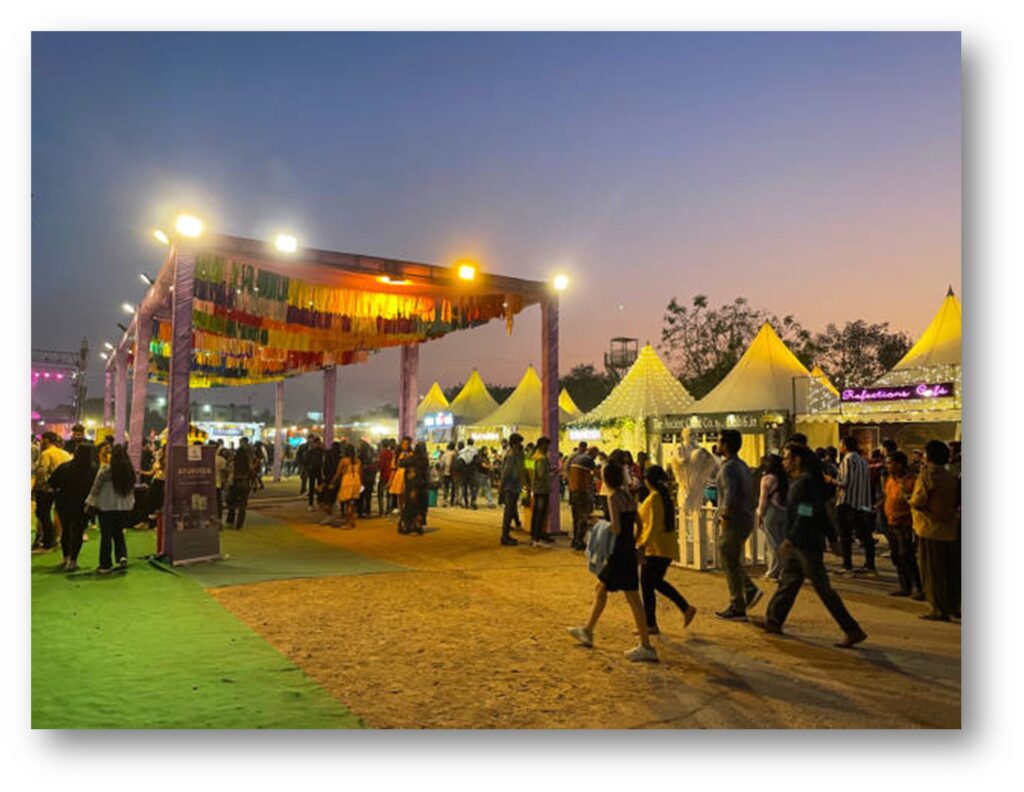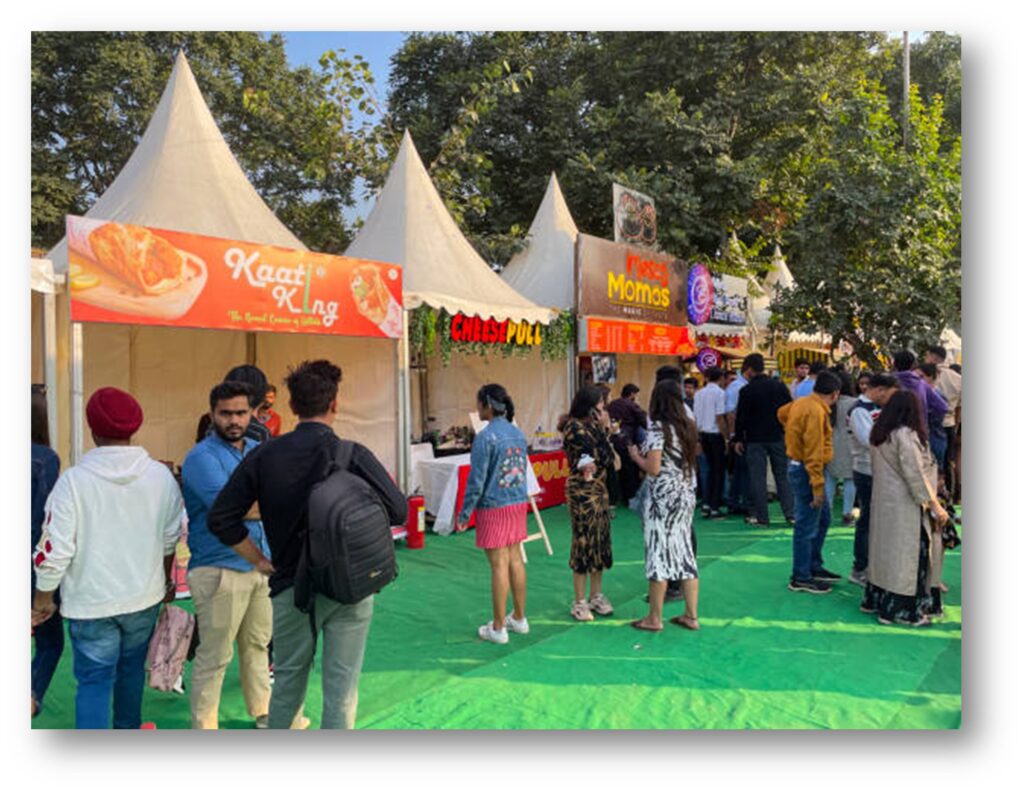By The South Asia Editorial Desk
When the colors, sounds, and aromas of Masala Fest took over Schaumburg, Illinois this May, it would have been easy to call it a cultural event – a festive, feel-good gathering of the South Asian community. And while it was all of that, it was also something more: a glimpse into a deeper truth about the diaspora today.
South Asian America isn’t just performing its identity anymore. It’s building with it. Investing in it. Trading with it.
Masala Fest 2025, organized by the South Asian American Chamber of Commerce of Illinois, blurred the lines between celebration and strategy. Beneath the ghungroo-tipped dance routines and shimmering saris was a sharp message: this community isn’t just showing up – it’s showing the way.


Culture as Currency
For too long, multiculturalism in the West has been reduced to food stalls and dance stages – a weekend of diversity wrapped in applause. But the South Asian community, particularly in places like Illinois, is pushing beyond that.
At Masala Fest, the sari vendor wasn’t just preserving tradition – she was running a business. The college students serving chaat weren’t catering – they were launching a brand. Cultural expression wasn’t ornamental; it was entrepreneurial.
This is a community that understands its power – and is learning to wield it.
The Second Generation’s Turn
What stood out most at Masala Fest was the presence of second-generation voices. These aren’t immigrants surviving a new land – these are Americans reshaping it. They speak with confidence, build without apology, and embrace duality with pride.
They are the bridge between turmeric and tech, between tabla rhythms and TikTok trends. And in their hands, identity is neither an anchor nor a costume. It’s a toolkit.
Masala Fest offered a platform for this generation to take center stage – not as cultural performers, but as economic players, community leaders, and creative disruptors.
What Comes Next
The success of Masala Fest raises a crucial question: Will we continue to invest in this momentum, or let it fade into the calendar like another community event?
Diaspora’s strength is not inevitable. It takes platforms, funding, policy support, and belief. If we want more South Asian youth to dream in multiple languages and build across borders, we need more than festivals. We need ecosystems.
Let Masala Fest be a blueprint, not just a memory.
Because when community becomes capital, and culture becomes strategy, something powerful happens: we stop asking to belong. We start building as if we do.
Source: